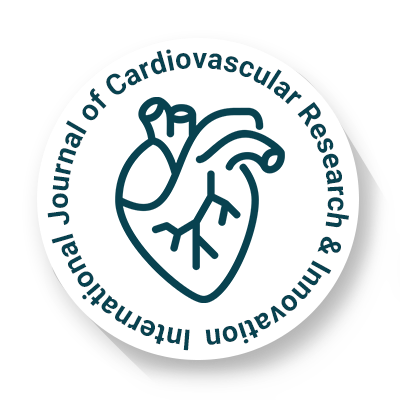
International Journal of Cardiovascular Research & Innovation
OPEN ACCESS

OPEN ACCESS

Department of Microbiology, MITS School of Biotechnology, Utkal University, Odisha, India
Chronic insomnia, a prevalent sleep disorder characterized by prolonged difficulties in initiating or maintaining sleep, has emerged as a significant public health concern due to its association with adverse cardiovascular outcomes. This paper explores the pathways through which chronic insomnia affects cardiovascular health, emphasizing its role in increasing risks for hypertension, coronary artery disease, heart failure, and stroke. Mechanistic studies indicate that the chronic activation of the hypothalamic-pituitary-adrenal (HPA) axis and heightened inflammatory responses play a central role in linking sleep disturbances to cardiovascular pathology. Furthermore, chronic insomnia’s contributions to sympathetic overactivity, metabolic dysregulation, and altered heart rate variability compound cardiovascular risk. This study highlights epidemiological evidence, underlying mechanisms, and clinical implications, providing a comprehensive understanding of the cardiovascular burden imposed by chronic insomnia. Interventions targeting sleep improvement could be a preventive approach to reduce cardiovascular risks. However, further research is required to elucidate the full range of pathways involved and to evaluate the efficacy of insomnia treatments in mitigating cardiovascular outcomes.
Department of Microbiology, MITS School of Biotechnology, Utkal University, Odisha, India